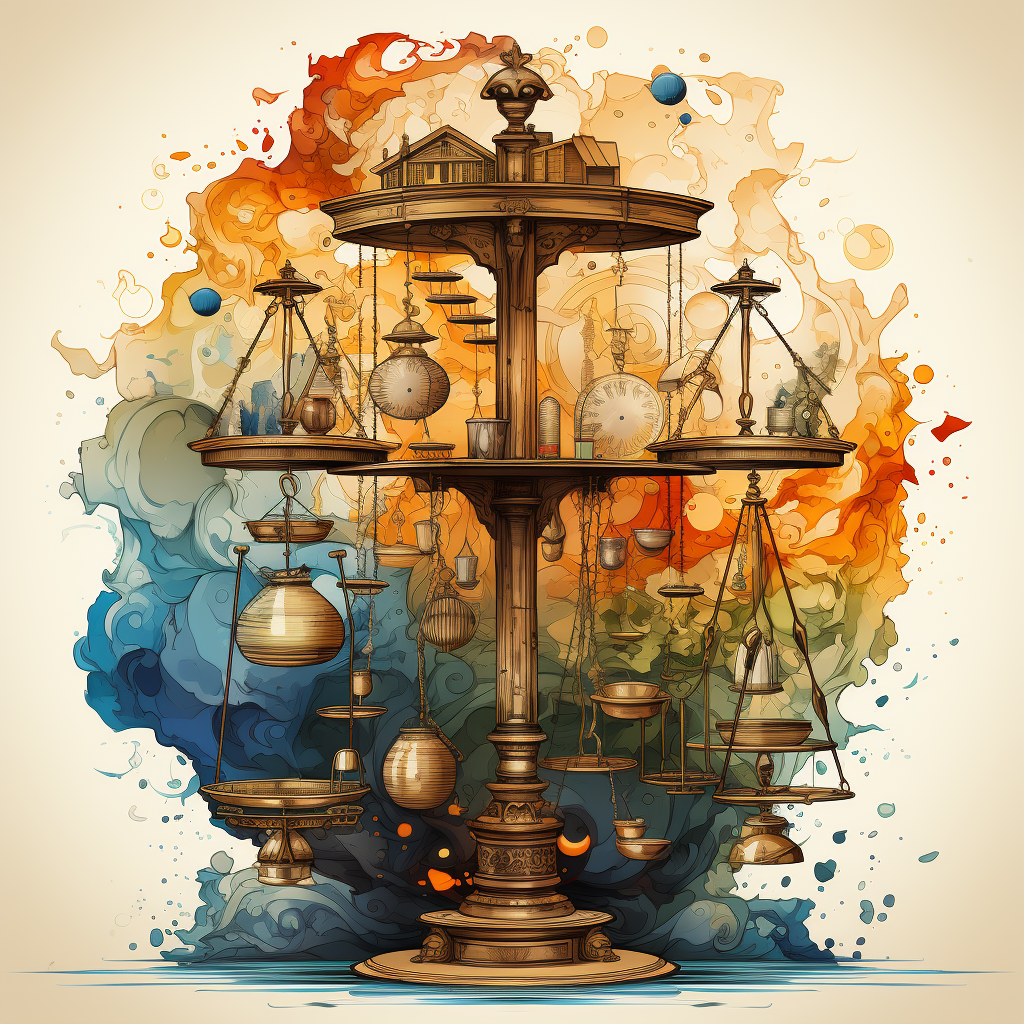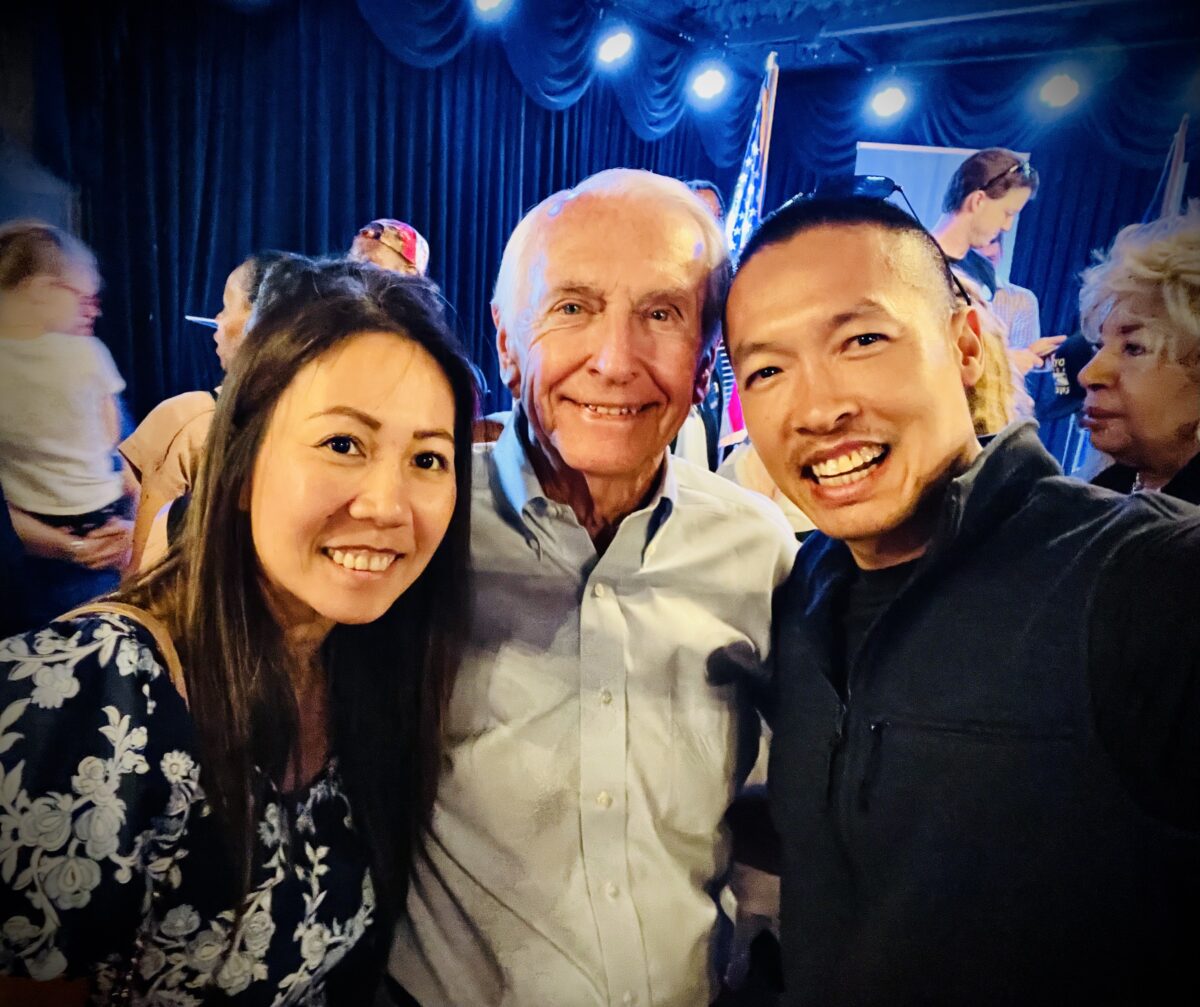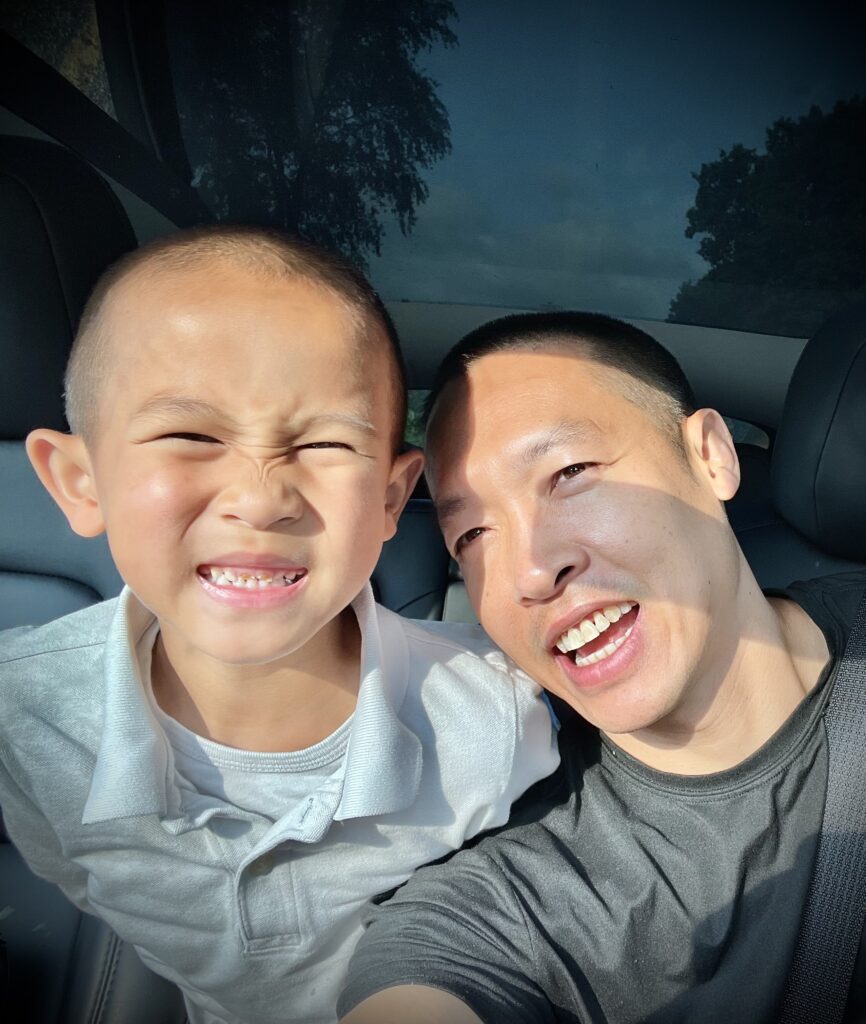In a world overrun by materialism and ego-centrism, Di Tran, an influential author known for his transformative works, offers a refreshing perspective. His books, such as “Drop the ME and Focus on the OTHERs,” “Guiding Lights: A Journey of Courage, Compassion, and Faith,” and the soon-to-be-released “Drop the FEAR and focus on the FAITH,” center on selflessness and fearlessness as the keys to a fulfilling life. A profound statement from Tran summarizes his philosophy: “When you figure out that you no longer have to collect material of any type to serve your ego and show to the world but yourself – your world is unlimited and happier.”
In an era characterized by relentless pursuit of material wealth and approval, this sentiment strikes a resonant chord. The message is simple yet profound, underscoring the concept that happiness and fulfillment come from within, rather than from external validation or possessions.
According to Tran, ego serves as a limiting factor that binds us to the physical realm and confines our happiness. He posits that our ego drives the desire to accumulate materials as a symbol of success and societal worth. Yet, these acquisitions often leave us feeling unsatisfied and hungry for more, ensnared in a never-ending cycle of want.

On the other hand, Tran elucidates that when we shift our focus from serving our ego to serving ourselves – that is, when we seek to understand who we truly are and what we genuinely value – we discover an unlimited, happier world. This approach allows us to remove the boundaries and limitations set by the ego, creating space for growth, contentment, and true happiness.
As depicted in his book “Drop the ME and Focus on the OTHERs,” Tran emphasizes the importance of focusing on others’ needs rather than our own egocentric desires. By channeling our energy into understanding and aiding others, we can foster a sense of purpose, improve our interpersonal relationships, and promote overall well-being.
In Tran’s upcoming work, “Drop the FEAR and focus on the FAITH,” he explores the role of fear in limiting our lives and how faith can serve as a powerful tool for overcoming these limitations. Tran encourages his readers to move beyond fear, harness faith, and embrace the infinite possibilities that life has to offer.
In conclusion, Di Tran’s reflection embodies a transformative shift away from the ego-driven accumulation of material possessions towards a deeper understanding of self and a focus on others. His wisdom serves as a reminder that the key to a limitless and happier world lies within us, unfettered by materialistic desires and societal validation. As we embrace Tran’s teachings, we can discover the unlimited potential of our world and the true path to happiness.



















